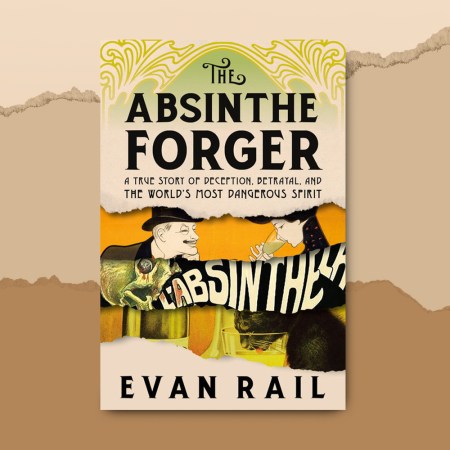On first glance, the very public argument between writers Addison Cain and Zoey Ellis might seem to occupy a very niche space in the world of books. Both are authors of what a headline in The New York Times described as “Wolf-Kink Erotica” — essentially, books in which human characters live and love in a wolf-like social hierarchy. It’s certainly something with its own audience — Cain’s series, according to the article, has grossed $370,000 — but not necessarily something that you might expect to have repercussions outside of a particular subgenre, even when lawyers begin getting involved.
That’s the case here: the question of whether or not Ellis’s work is overly derivative of Cain’s has taken on a legal element. As Alexandra Alter writers for the Times, there are definitely larger issues of copyright and intellectual property at stake — making this discussion relevant to many writers and readers, regardless of their feelings on wolf-themed erotica. As Alter notes:
The dispute between Ms. Cain and Ms. Ellis is a kink-laden microcosm of tactics at play throughout the fanfic industry. As the genre commercializes, authors aggressively defend their livelihoods, sometimes using a 1998 law, the Digital Millennium Copyright Act, to get online retailers to remove competitors’ books.
The work of both Cain and Ellis takes inspiration from the Omegaverse, which began in the world of Supernatural fan fiction a decade ago. As it grew and became less tethered to one particular fandom, it also took on a larger array of tropes — including wolfpack-like behavior and men getting pregnant.
As Alter writes, “the Omegaverse transcended individual fandoms and became an established genre on its own.” After Ellis arrived on the scene and was criticized by some for having published stories overly derivative of Cain’s work, Cain’s publisher filed a claim of copyright infringement. In turn, Ellis’s publisher sued Cain and her publisher in 2018.
The question of whether someone can be said to “own” particular tropes and story beats is one of the issues in this debate. Depending on how this legal battle shakes out, the aftereffects of this particular feud might have a much larger effect on the world of fiction than anyone imagined.
Subscribe here for our free daily newsletter.
Thanks for reading InsideHook. Sign up for our daily newsletter and be in the know.


















